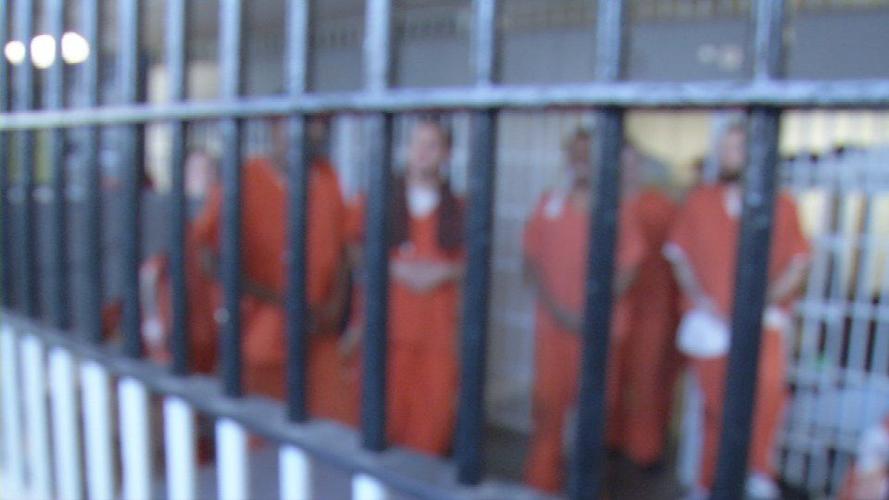LOUISVILLE, Ky (WDRB) -- Ten counties in Kentucky will soon host a new jail deferral pilot program.
State lawmakers funded the pilot program to help people with substance abuse or mental health issues get the help they need with state funds.
It would only apply to low level non-violent offenses.
The Administrative Office of the Courts is reviewing possible counties that could best handle the behavioral health and vocational services.
Those in favor of the pilot program, created through Senate Bill 90, say it could help break barriers and lower recidivism.
"These are for offenses you think you can get someone on a different trajectory and the taxpayers of Kentucky are not paying for their incarceration," Senate President Robert Stivers, R-Winchester, said.
But other lawmakers, like Rep. Attica Scott, are concerned the legislature isn't doing enough.
"People need treatment. And at the same time, we're doing (Senate Bill 90) while enhancing penalties while giving people more felonies," Scott, D-Louisville, said.
Stivers said the program is funded using settlement money awarded to the commonwealth from a historic opioid case.
In the settlement, Cardinal Health, McKesson, Amerisource Bergen and Johnson & Johnson will pay Kentucky $483 million and Indiana $507 million. The money will be split evenly between state and local government and used to aid programs to fight the crisis.
The Administrative Office of the Courts said it is looking at viable pilot counties based on the operation of a county jail, availability of community and mental health programs, historical data relating to eligible individuals for participation, initial interest by counties expressing desire to participate, and consideration of equal representation of each Supreme Court District.
Proposed pilot sites will have to be reviewed by the respective judges and stakeholders in those counties before the list is finalized.
"This individual that needs intervention, if we can get them into a system where we can help them with their mental health issues, help them with their substance abuse disorder, then get some education and training, then work with unions to see who wants some individuals to be in their apprentice program," Stivers said. "The whole time working towards making them a productive viable citizen."
As for when the list could be completed, Kentucky's Administrative Office of the Courts hasn't yet respond to a WDRB News request for comment.
Related Stories:
- Kentucky legislators react to new laws tightening criminal penalties
- Opioid distributors to pay nearly $1 billion to Indiana, Kentucky to fight addiction crisis
- Kentucky AG: Opioid settlement will help heal communities
Copyright 2022 WDRB Media. All Rights Reserved.




